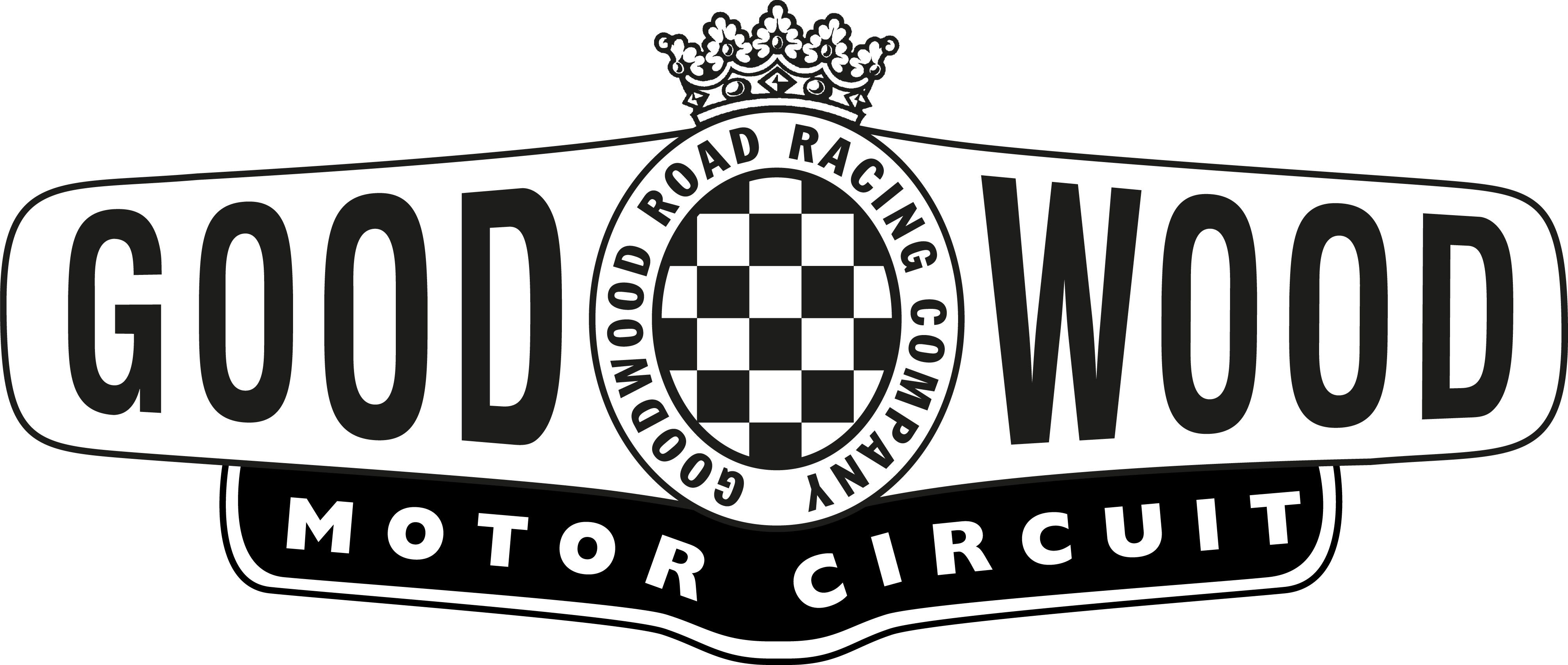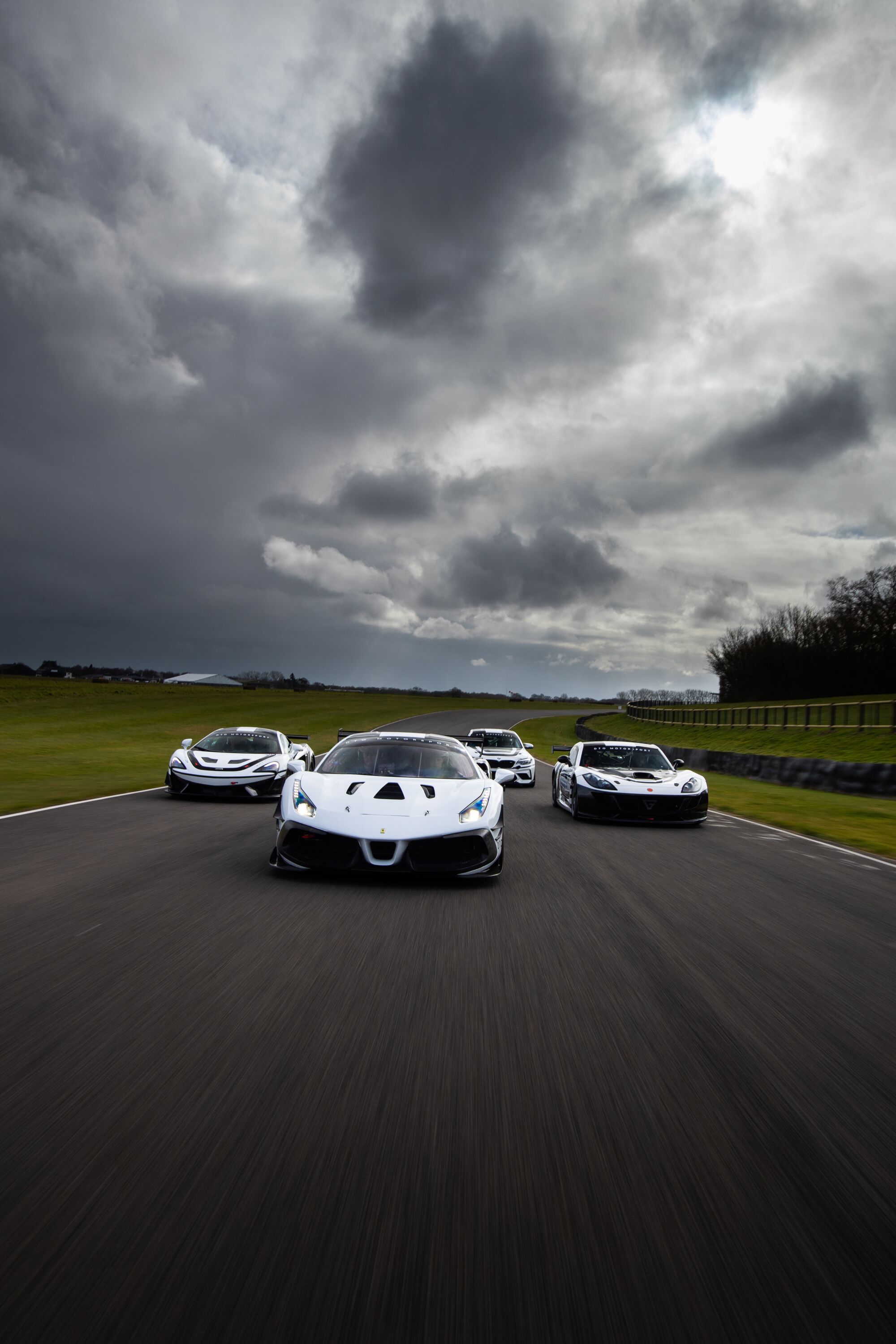Creating the very first Festival of Speed
Coming home to Goodwood, to work alongside my Father, was always the plan. Having established a successful advertising photography business in London, my dream was to bring motor racing back, to revive the circuit my Grandfather had created in 1948.
So, at the start of the 1990s, while immersing myself in the business of the estate, I began to envisage how we could achieve the return of racing cars.
I quickly realised that re-opening the circuit was going to be a long and complex process, much more of a challenge than I had imagined.

A chance meeting with Ian Bax from the British Automobile Club (BARC) triggered an alternative plan. He had spoken to me about running a contemporary hillclimb and that led me to thinking about an event for historic cars and bikes in the park. If we could run a competitive event using the park roads we would discover how much Goodwood still meant to enthusiasts, and prove that we could safely and successfully bring motorsport back to Goodwood. We now had a plan but we needed some expert help and advice.
Like my Grandfather before me, I had recently agreed to be President of the BARC, the club having run the racing at the circuit from 1948 to 1966, so that was an obvious place to start. I was also in touch with some owners and drivers I knew to sound out their interest in bringing cars and bikes to an event yet to be named.
Dennis Carter, who headed up the BARC, was immediately intrigued by the plan and would prove to be incredibly supportive, as was the FIA Safety Inspector Derek Ongaro. They were both very positive and Derek advised that we put the startline on the Lime Avenue down by the hotel, not at The Kennels as I had first envisaged. My plan would never have come to fruition without the support of these two strong people. They knew how it should be done, they were confident in their own decisions, and they were always right behind us every step of the way.

In October 1992 we made the decision to stage the event we had decided to call the ‘Festival of Speed’ (a moment of inspiration from our Press Officer Rob Widdows) in June of the following year. We now had just eight months to source the cars, the motorcycles, the drivers and the riders and, importantly, some sponsorship. Step forward automobile auctioneer Robert Brooks and the highly respected historian Doug Nye, both of whom energetically spread the word to their considerable contacts in the world of historic racing cars. Brooks also came in as a sponsor along with Aston Martin, Honda, Citroën, Mulberry, Hackett, Charles Heidsieck champagne and Tatler.
I wanted to enlist the support of two really great names as Patrons of the Festival. Sir Stirling Moss and John Surtees were my first choices. These two ‘giants’ of the sport happily agreed to get involved and then Damon Hill joined them as our third Patron later on.
Sadly Stirling had a clashing engagement and couldn’t come to the first event in 1993 but he was immediately keen to put his considerable weight behind our plans. He had won his first race at Goodwood and was a serial winner at the circuit until his accident in 1962.
From the beginning, I was always keen that the Festival would have classes for motorcycles. John, whose first ever car race was at Goodwood when he finished a close second to Jim Clark in March 1960, set about the task of sourcing the best machinery with his customary vigour. His contacts were simply priceless and, in typical Surtees fashion, he told me in great detail exactly how the two-wheeled content should be done.
Every new venture needs maximum publicity, so we decided to hold a ‘Press Day’ at the House in March. As word of the “return of motorsport” to Goodwood spread, we were already getting some encouraging coverage.
Now we needed to put on a great show for the journalists, and the story of that day in March ’93 will be the next part of this series.
Read part one: How a book inspired the Festival of Speed
FOS
FOS 1993
John Surtees
Stirling Moss
Damon Hill
Formula 1
Duke of Richmond



































































